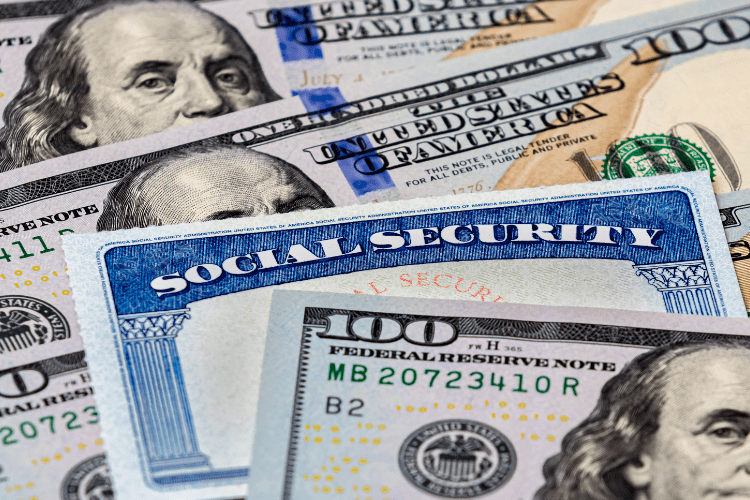Why Egg Prices are So Shocking And What We Can Do About It

The price of eggs has been a topic of concern for many Americans in recent years, and while prices have fluctuated, they have generally been on the rise. During the holidays, the price soared again, with the national average price of a dozen eggs being $3.59 in November 2022, which increased by $1.72 from 2021 reported by the Bureau of Labor Statistics.
What’s increasing the prices of eggs, and can we see relief anytime soon?
Why Are Eggs So Expensive (Snowball Effect)
Four factors seem to act together to create the perfect storm or snowball effect for the increase in egg prices.
- Disease: The avian flu outbreak that started in February 2022 led to the culling of 50.54 million birds in the United States. This case made it the deadliest outbreak in history since the avian outbreak of 2015, which culled 50.5 million birds. This was a major contributor to the increase in prices.
- Cost of Feed: Corn and soybeans, which are the main ingredients in chicken feed, have seen a significant increase in price in recent years. This has led to higher costs for egg producers, which they have passed on to consumers in the form of higher egg prices.
- Increased demand for cage-free and organic eggs: These types of eggs require more space and care for the chickens, leading to higher production costs for egg farmers. This higher cost is also passed on to consumers through higher prices for cage-free and organic eggs.
- COVID-19 pandemic: We can’t forget about the COVID-19 pandemic that also affected the egg market. With many restaurants and institutions closed or operating at reduced capacity, there was a decrease in demand for eggs from these sources. This led to a surplus of eggs, leading to lower consumer prices. However, as the economy reopens and demand for eggs from these sources increases, egg prices rise again.
Despite these factors, the overall trend for egg prices has been upward, as inflation has hit all points of life quality.
Will Americans See Relief Anytime Soon?
Besides cherishing the eggs that you currently have in your fridge, it’s worth noting that prices can vary depending on region and season. In some areas, prices may be higher due to transportation costs or local supply and demand. For instance, some have reported seeing $6 – $7 dozen eggs in New York. In other areas, prices may be lower due to a larger supply of eggs from local farmers.
Consumers looking to save money on eggs can consider buying eggs in bulk or searching for sales and discounts at their local grocery store. They can also consider switching to alternative protein sources, such as plant-based products, to reduce their overall egg consumption.
Some Egg Alternatives For Cooking
When you want to cut down on using eggs, here are some alternatives that can be effective substitutes, primarily for baking.
- Unsweetened applesauce (using 1/4 cup can replace 1 egg in most recipes)
- Mashed banana, pumpkin, or avocado (1/4 cup can replace 1 egg)
Using bananas can leave a mild banana taste as a result, though! - Silken tofu (1/4 cup pureed can replace 1 egg)
- Ground flaxseed or chia seed (1 tbsp of either seed with 3 tbsps of water until thickened, can replace 1 egg)
- Commercial egg replacer made from potato starch, tapioca, or leavening agents
- Plain yogurt or buttermilk (1/4 cup of either can replace 1 egg)
- Aquafaba liquid (3 tbsps can replace 1 egg)
- Nut butter (3 tbsps can replace 1 egg)
The Bottom Line
While a handful of factors drove up egg prices all at once, the prices were generally on the rise at a slower pace. Location and season will determine egg prices, and consumers can buy in bulk to save money or use alternative options to reduce usage.
With all the inflation prices going on, making more money to afford necessities is now a must. If you need extra help, read more on 50 Legit Ways to Make Extra Money Online This Month for Beginners









